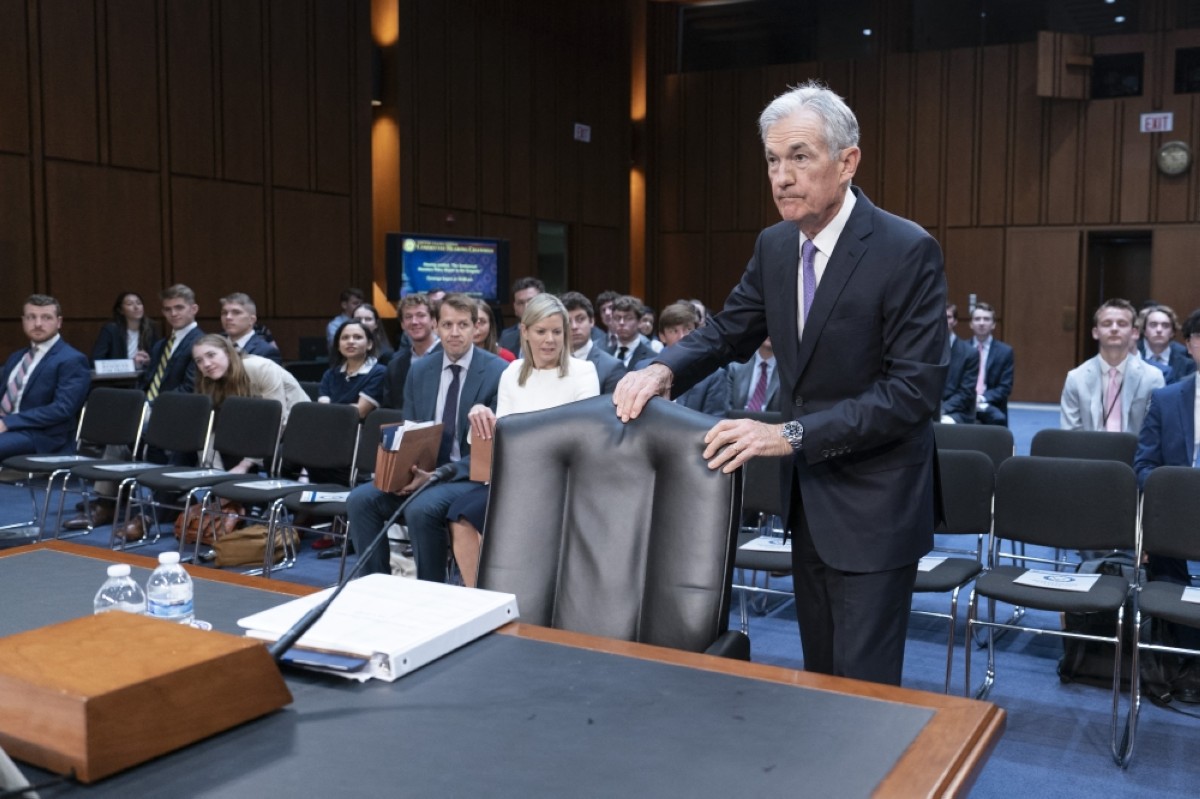US House passes USD 460 bln government funding deal
WASHINGTON, Mar 6 (KUNA) -- The US House of Representatives passed Wednesday the first six spending bills needed to fund the government on a long-term basis, signaling the beginning of the end of constant government shutdown scares on Capitol Hill.
The legislation easily cleared the lower chamber by a bipartisan vote of 339-85. In what has become a familiar sight for the House, far more Democrats than Republicans supported the bill, despite the GOP's majority in the lower chamber.
A chunk of House Republicans voted against the spending bill because it didn't have many of the conservative policy wins some members wanted, such as stricter border polices.
"We want to cut spending, we want to limit the size and scope of the federal government. The reality right now is we have divided government," Johnson said Wednesday morning.
The bill now heads to the Senate, where it is also expected to pass and later head to Biden's desk for his signature.
Every year, Congress has to pass 12 individual spending bills to keep the government's doors open. But recently, lawmakers have failed to meet their spending deadlines, so they tend to package the dozen bills together into an enormous piece of legislation called an "omnibus".
But the first six of those spending bills are set to expire on March 8, so to avoid a partial government shutdown, negotiators packaged the funding into one deal known as a "minibus".
The plan passed Wednesday will fund parts of the government related to: Agriculture, Rural Development and the Food and Drug Administration; Commerce, Justice and Science; Energy and Water Development; Interior; Military Construction and Veterans Affairs; and Transportation, Housing and Urban Development. The real test for Congress, however, is passing the remaining six bills, which are considered to be far more controversial than the first half. Negotiators have until March 22 to come up with a long-term deal for government funding for functions related to: Defense; Financial Services and General Government; Homeland Security; Labor, Health and Human Services, Education; Legislative Branch; and State and Foreign Operations. (end) rsr.ibi.











